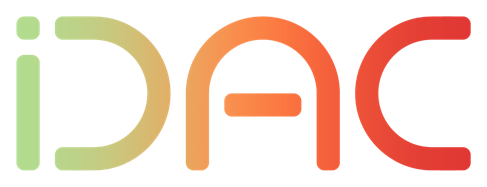More places are needed where children can meet, create and share their experiences. Twenty-five years ago, the UN General Assembly adopted the Convention on the Rights of the Child. To mark the anniversary, SI is producing Children MAKE, which is both a method and a set of practical activities highlighting children’s right to culture and participation.
In Children MAKE we let the children themselves control the process. We create a place and supply them with tools for their work – in what is known as a makerspace. The concept is based on the ‘maker culture’, a global movement that has grown steadily in recent years. It’s just what it sounds like: a culture where making or creating is the core pursuit and which brings together people with different skills and backgrounds. Arts and crafts and other types of handiwork are combined with modern technology such as 3D printers, robotics and computer programming. Making things together, co-creating, is a time-honoured practice but the emergence of community interaction and both physical and digital places in which to share knowledge and tools is a comparatively new phenomenon. The catchwords in the maker culture are interdisciplinary, knowledge transfer and openness.
